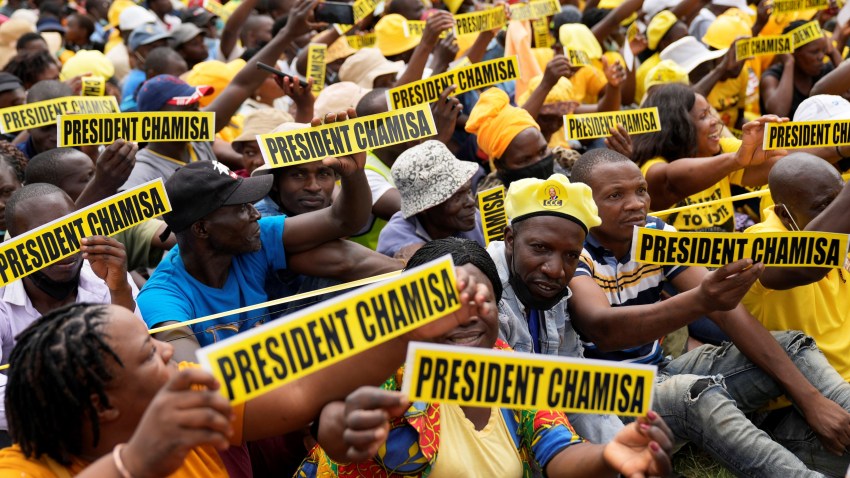Zimbabwe is expected to hold a general election this year. However, President Emmerson Mnangagwa has yet to announce the poll date publicly, and his ability to do so could be delayed by a court complaint filed against Zimbabwe’s electoral commission by one of the country’s opposition parties.
Nevertheless, when it does take place, the election will be the second since a military coup ousted longtime dictator Robert Mugabe in 2017. Mugabe’s removal from power gave way to cautious optimism about a new dawn in the country’s post-independence affairs. But more than five years since he was succeeded in office by Mnangagwa, the hope for a more peaceful and prosperous Zimbabwe has all but evaporated.
In 2018, the country’s electoral commission declared Mnangagwa the winner of that year’s general election by a margin of just 36,000 votes over Nelson Chamisa, the younger, popular candidate for the main opposition party, Movement for Democratic Change, or MDC. The announcement triggered post-election demonstrations in Harare, Zimbabwe’s capital, to which security forces responded with heavy-handed violence against peaceful protesters, killing at least six people.

